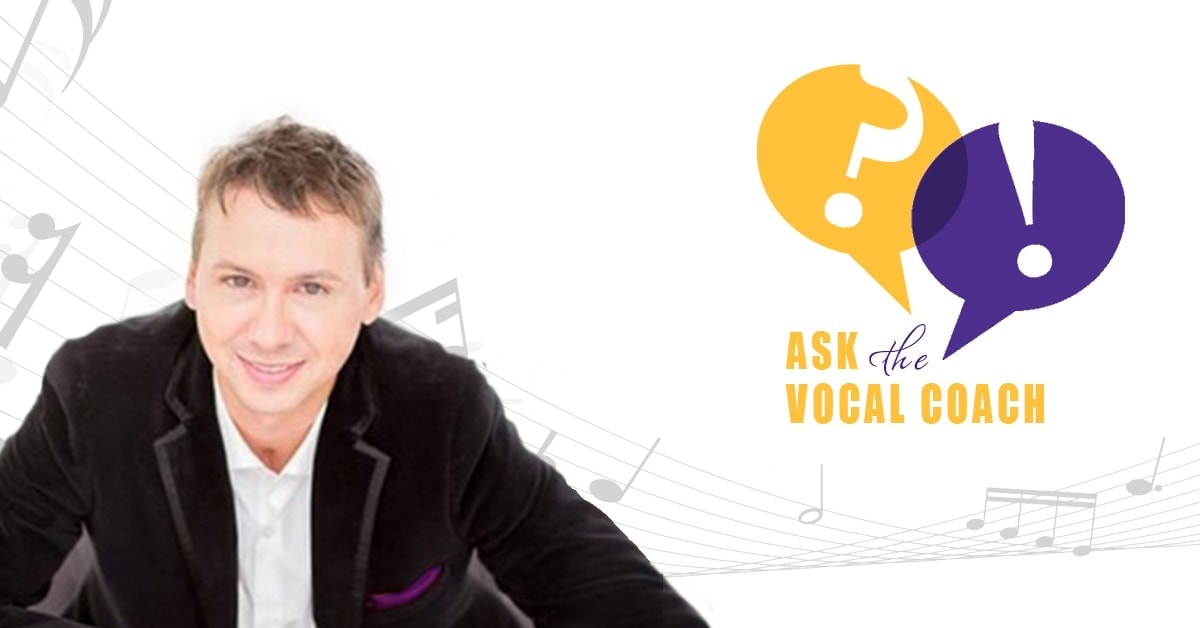How Long Should I Practice?
“How long should I practice?” I have received this question plenty of times, and to be honest I’m afraid it’s not as simple as giving you a schedule to keep. However I do have a lot of thoughts on the subject that I think can help you find what is best for yourself in your unique situation. Read on for more.
Your Question
How frequently should I do the vocal coach exercises? Everyday or weekly? For how long? I normally do the exercises before singing or when I am preparing for a singing presentation. Is there a optimal way to practice?
My Answer
Here are some thoughts on how often to do the Vocal Coach exercises. Think strongly about the fact that you are an athlete. A Vocal Athlete.
- Warm-Ups and Workouts are two different things, though you can use the same exercises for both.
- A Warm-Up literally warms the entire vocal mechanism. It’s warmer, more flexible and less likely to be injured. But, this doesn’t take the place of developing and maintaining good technical skills.
- Workouts are intended to build skills, strength and stamina. If they are going to serve you well they must be done with the right technique. Anyone who does physical training knows that a little coaching from an expert makes your workouts twice and effective. For singers, that means knowing how you should be using your posture, breathing, tone quality, resonation, diction and more. That’s why we have different training CD’s on those areas. Without working the technique you’re just building habits… good or bad.
So, how frequently should you do the exercises? As often as you have time to do it the right way. Remember: Muscles have memory. They don’t know if you’re doing it right or wrong, they just memorize what you are doing. If you can get a focused 1-hr session three times a week that’s great. If your life and schedule allows daily work, great. If you can only have quality time twice a week for a serious vocal time do that, but try to increase the frequency as you are able. It will make you a more predictable, more valuable singer.
Another very key part of all of this is what you do with your posture and speaking voice during regular daily activities. If you “become” an upright person, with a free, resonant speaking voice and good diction you’ll be way ahead when you start singing because singing is an extension of speaking.
Finally, if you know of an area where you are weak or unsure get on our site and find the right vocal training tool to help you. And remember that personal online training is available to help you evaluate or fine-tune what you’re doing.



